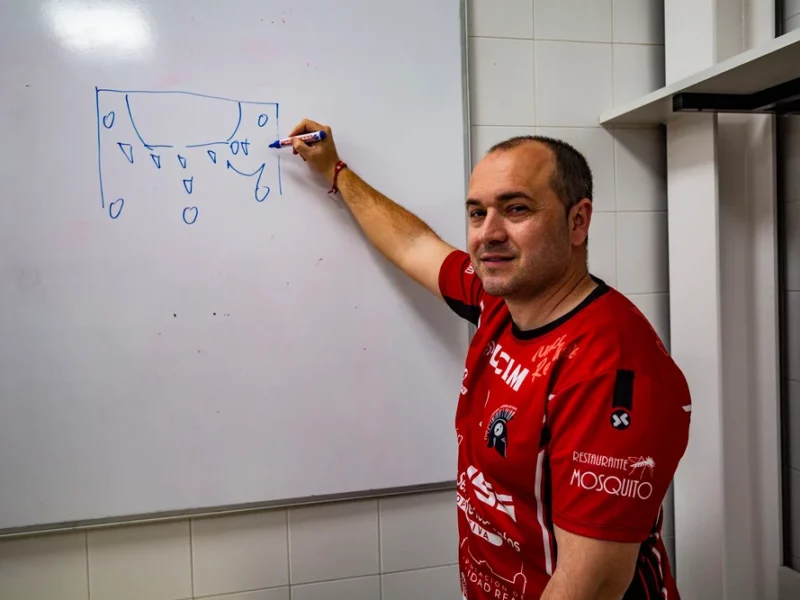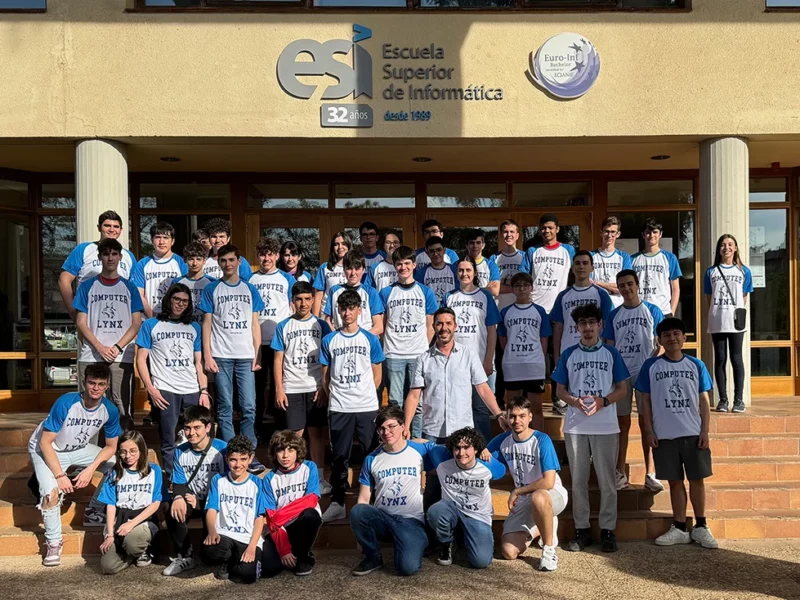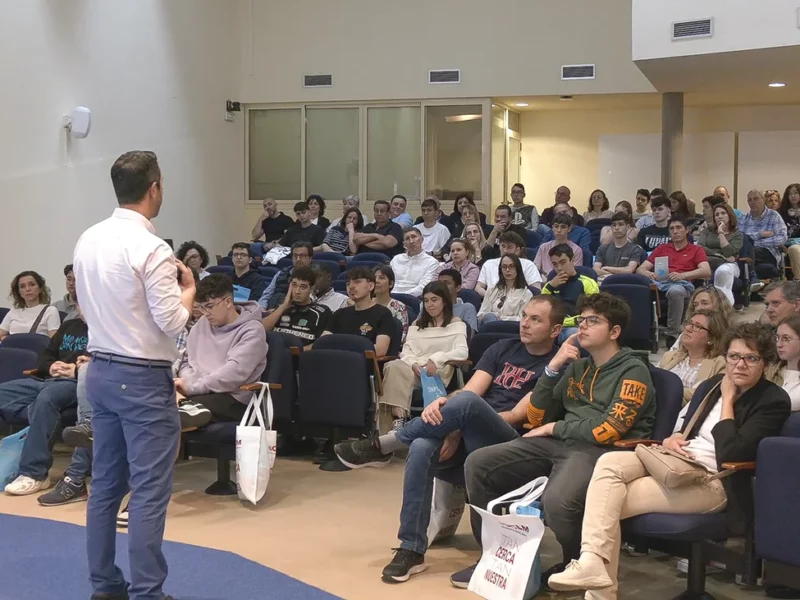Today in RNE: Radicalization in social networks and economic consequences of the pandemic
Today, January 18, 2023, starting at 23 p.m. on Radio Nacional de España, Professor Jose Angel Olivas will be interviewed by Josep Cuní in the program "24 hours". Professor José Ángel Olivas will speak about the report “Artificial intelligence, intelligent use of massive data using Knowledge Engineering: Radicalization in social networks and economic consequences of the pandemic. created by José A. Olivas himself, Andrés Montoro and Antonio Lorenzo, and which has been published by the OBS Business School.
Summary of the report:
This report describes and proposes, within the field of computing, informatics and artificial intelligence, the use of knowledge engineering models and other more 'cognitive' and less 'numerical' disciplines and technologies, such as Soft Computing, the semantic/linguistic approach to natural language processing, some aspects of sociology and psychology, etc. to, among other things, make better intelligent use of the massive data that is available in many contexts in order to design smarter systems in the human sense and in terms of performance than many of those that only use numerical techniques isolated.
It must be taken into account that the other central element must be the ability to transfer these models to the technology of society, the business fabric and industry, contributing to the development of more robust and humane computer systems with greater capacities to anticipate the future. in its different forms (prediction, prognosis, estimation, prescription,...) which is basically one of the objectives and obsessions of the inference capacities that make human beings 'rational'.
This proposal is a continuation of the one presented in the OBS Report: Artificial intelligence, computational intelligence and intelligent data analysis1, which lays the foundations of what should be rigorously understood by Artificial Intelligence.
What should be understood by Artificial Intelligence and many specific characteristics that must be taken into account when working with data, information and knowledge is briefly introduced below. These elements are not considered with their relevance in the majority of the systems for the use of the massive data available, which causes too poor, erroneous or irrelevant results, as we see in many of the systems for anticipating the future that are advertised, such as the electoral forecast, the estimation of the evolution of conflicts or pandemics, the evolution of economic factors, Euribor, CPI, inflation and a long etcetera.
In order to improve the behavior and results of these systems, a generic methodology for the development of systems for the intelligent use of massive data combined with application domain knowledge engineering and knowledge engineering is proposed (shown schematically). It is exemplified with two cases, the first of surveillance on social media in order to detect radical behavior and the second on the analysis of the influence of the COVID 19 pandemic on the stock market.
Other examples of application of this proposal can be consulted, such as the electoral forecast and all those referenced in the aforementioned OBS report on Artificial Intelligence.











